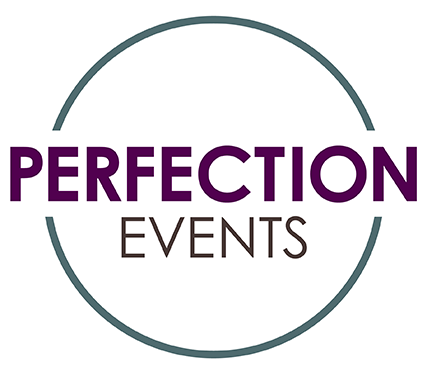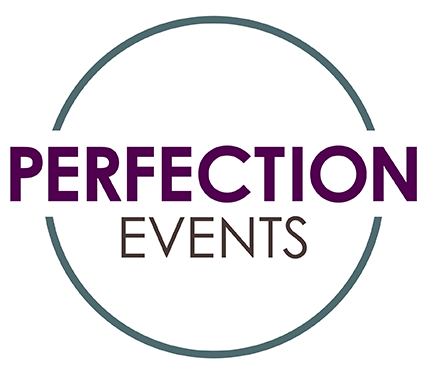

It’s official – fall is here, and so is the fall event season!
The last few months of the year are traditionally very busy in the events world. Given the circumstances of 2020, it was unclear whether event professionals would be busy or whether we’d be moving on to the next set of home improvement projects to occupy our time. We are thankful that, for us, it is the first scenario and we are busy.
Event professionals are used to contingency and risk management plans. If X happens, we do Y. We are used to thinking through all of the possible emergency situations or general occurrences that have the potential to disrupt our event, and identify alternate plans. For those of us who believed we were excellent at contingency planning, COVID-19 is giving us a master class and showing that we now have a lot more to think about during our planning cycles. It will continue to disrupt live events for the foreseeable future.
Given the restrictions on large gatherings and uncertainty about when those restrictions will be lifted, many clients are asking about virtual events. A common misconception is that we can just throw the speakers up on Zoom or GotoMeeting, and call it a day. I cringe when I hear that and immediately ask this question: “when you have planned live events, did you just throw your speakers up on the stage and call it a day?”
That is not a popular question, but it is an important one.
We are now 2+ months into this global pandemic, and the world of event planners is still being turned upside down every day.
A common mentality in March was to postpone events “to the spring” since spring would be long after a 2-week lockdown. At that time, it was very difficult to tell clients that spring was too aggressive and that we realistically should be looking further out or even considering cancelling. After being cooped up for 2 months, that conversation is not getting any easier.
A few weeks ago, I provided 10 tips for making decisions about your events in this unprecedented time. By now, you have likely postponed, rescheduled, or canceled all spring and summer events, and are trying to figure out what’s next.
I am working through a myriad of different situations with clients and I have new definitions for postpone vs reschedule:
After the fun and relaxation that summer brings, September jolts everyone back into reality. While we may not have to shop for actual “back to work” supplies like kids going to school, it is a great time to refocus on strong productivity habits. Two of our top habits are calendar management and fully utilizing all of our tools.
Whether you are a planner tasked with sourcing event partners for your clients or an in-house planner reaching out to vendors or suppliers and pitching sponsorships, there are 5 critical steps in the process.
Have a conversation
Cold-calling and cold-emailing potential sponsors does not work. Blast emails that are not tailored to each prospect’s specific marketing goals also don’t work.
Partnerships start with a conversation.
We recently talked about 2 budgeting basics (importance of venue and types of budget outcomes), and that initiated some great conversations with our clients. For many events that we manage with clients, sponsorships are a critical component of the budget, and that adds a new layer and complexity in the budgeting process.
Budgeting 101: No Venue = No Date
One of the most common phrases we hear is “the event will be on (fill in any date) but we don’t have a venue yet.”
We recently came across the Meetings & Conventions article that forecasts the top food trends of 2019, and while there are many that leave us counting down the days until 2019, there is one that leaves us saying “no, thank you,” and one that just makes us say “NO” (in all caps).